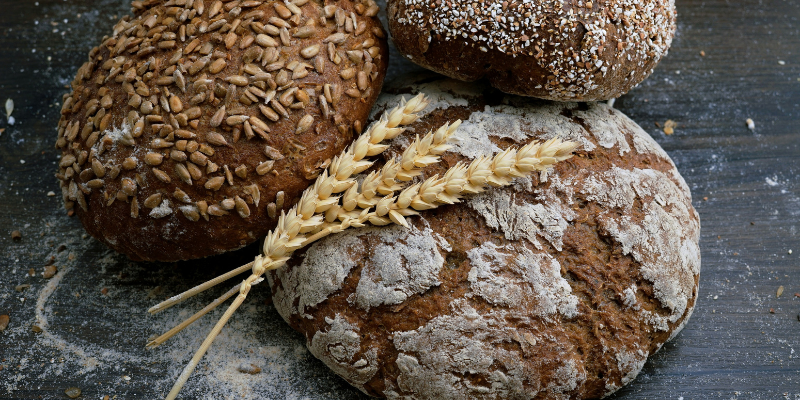Sequence-defined glycopolymers for biomedical applications
Prof. Dr. Laura Hartmann
Universität Freiburg
Carbohydrates are an important part of our nutrition, they are used as materials e.g., cellulose or chitin, but they are also highly relevant in mediating various biological interactions, for example in cell-cell communication, immune responses and tumor growth. From a chemical point-of-view, carbohydrates are a highly diverse class of biomacromolecules using a great number of different building blocks that are assembled into linear and branched structures, oligomers, polymers and glycoconjugates. Intentionally reducing this complexity while maintaining the biological activity is achieved for so-called multivalent glycomimetics via the attachment of smaller glycan fragments onto synthetic scaffolds.
We have previously introduced sequence-defined glycopolymers as multivalent glycomimetics that can be precisely varied in terms of their scaffold structure, composition as well as number and kind of glycan fragment attached, parameters known to affect ligand properties such as avidity and binding specificity. In order to mimic the structural diversity of carbohydrates, these glycomacromolecules can then be used again as building blocks to create more complex glycomimetic structures and materials, e.g., through conjugation onto nanoparticles or proteins. The lecture will present the bottom-up synthesis of such glycopolymers and glycomimetic materials and will discuss their potential biomedical applications for example in inhibiting viral and bacterial infections.
Additional Details
Seminar Room - 1.27

